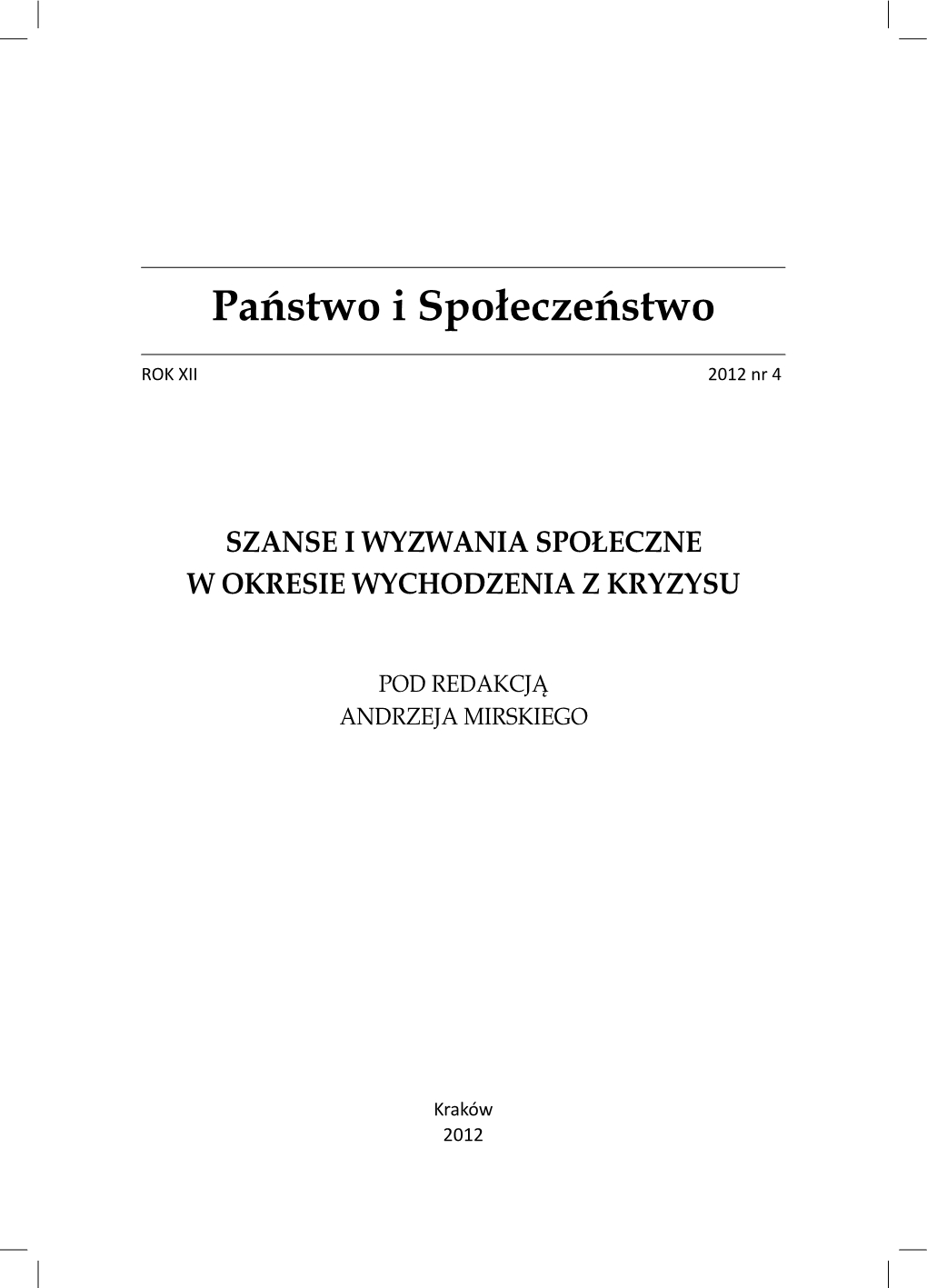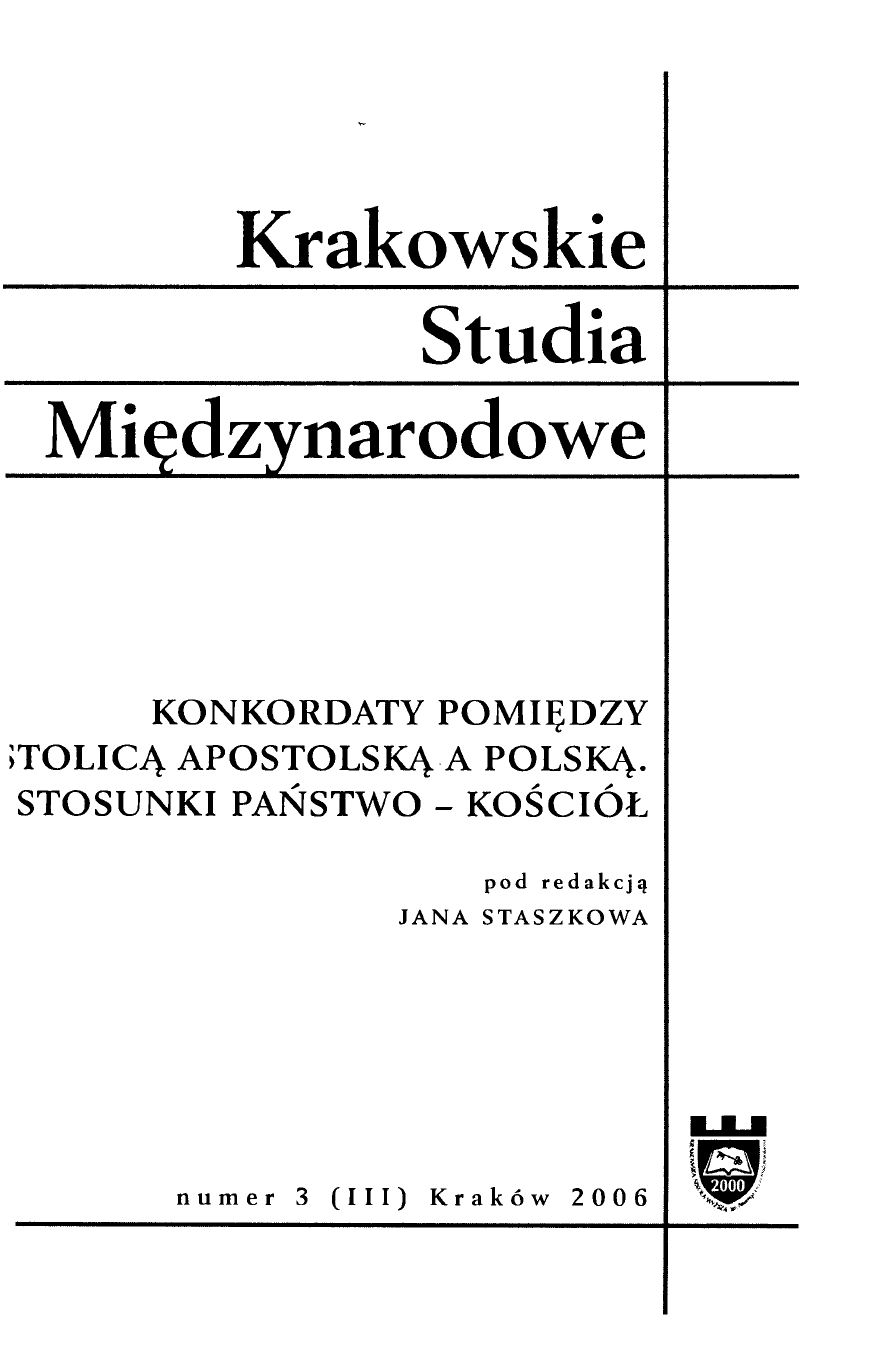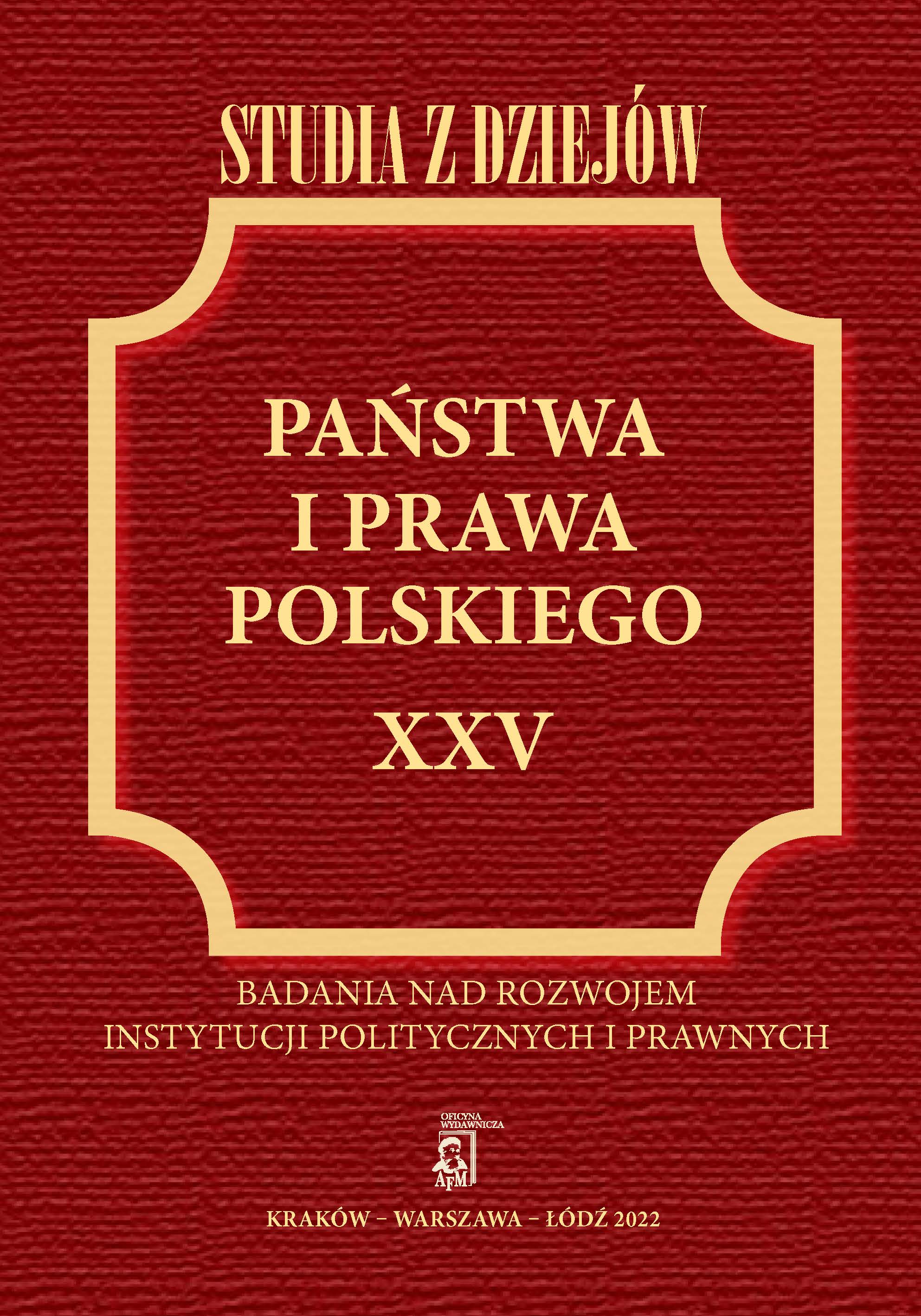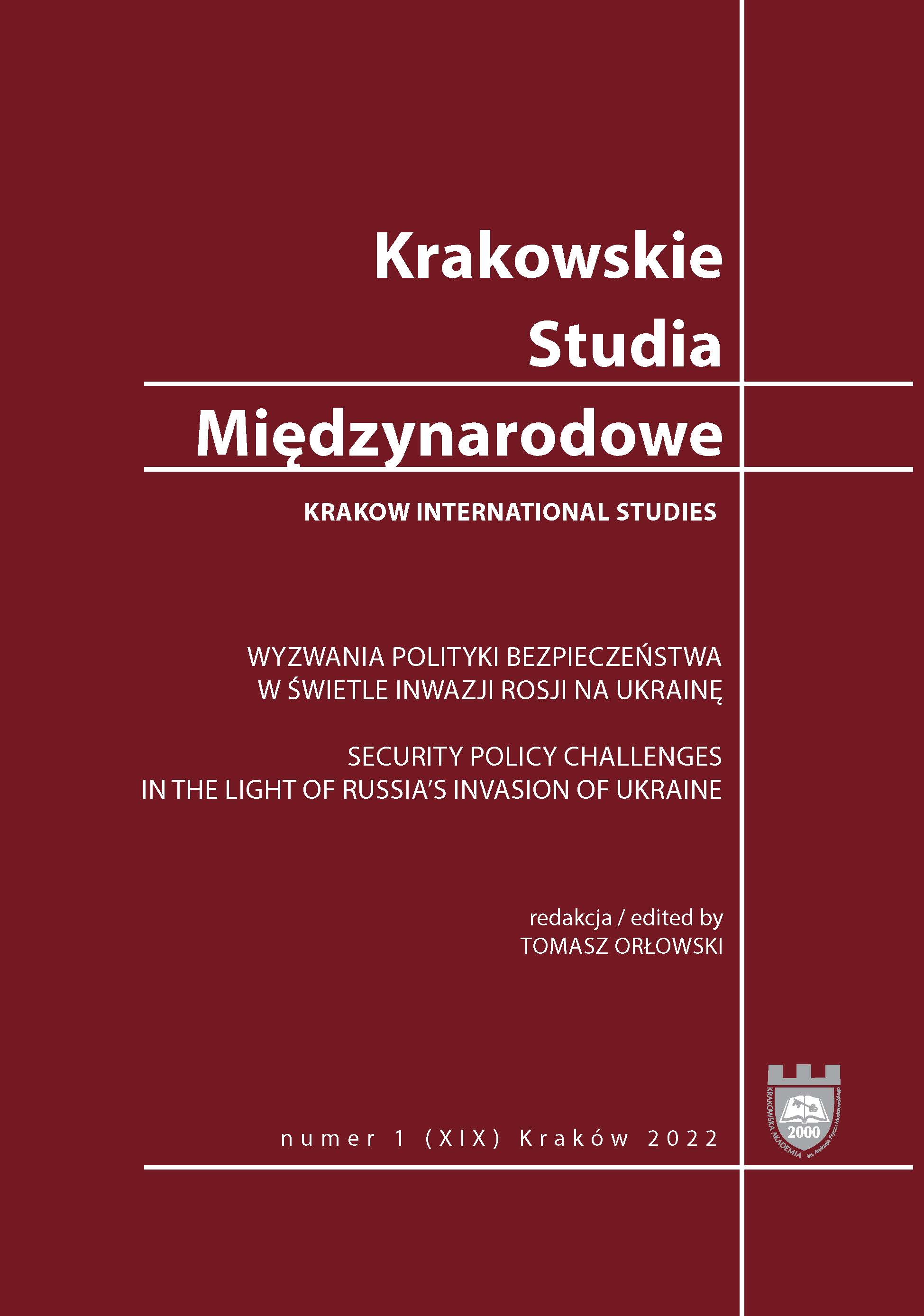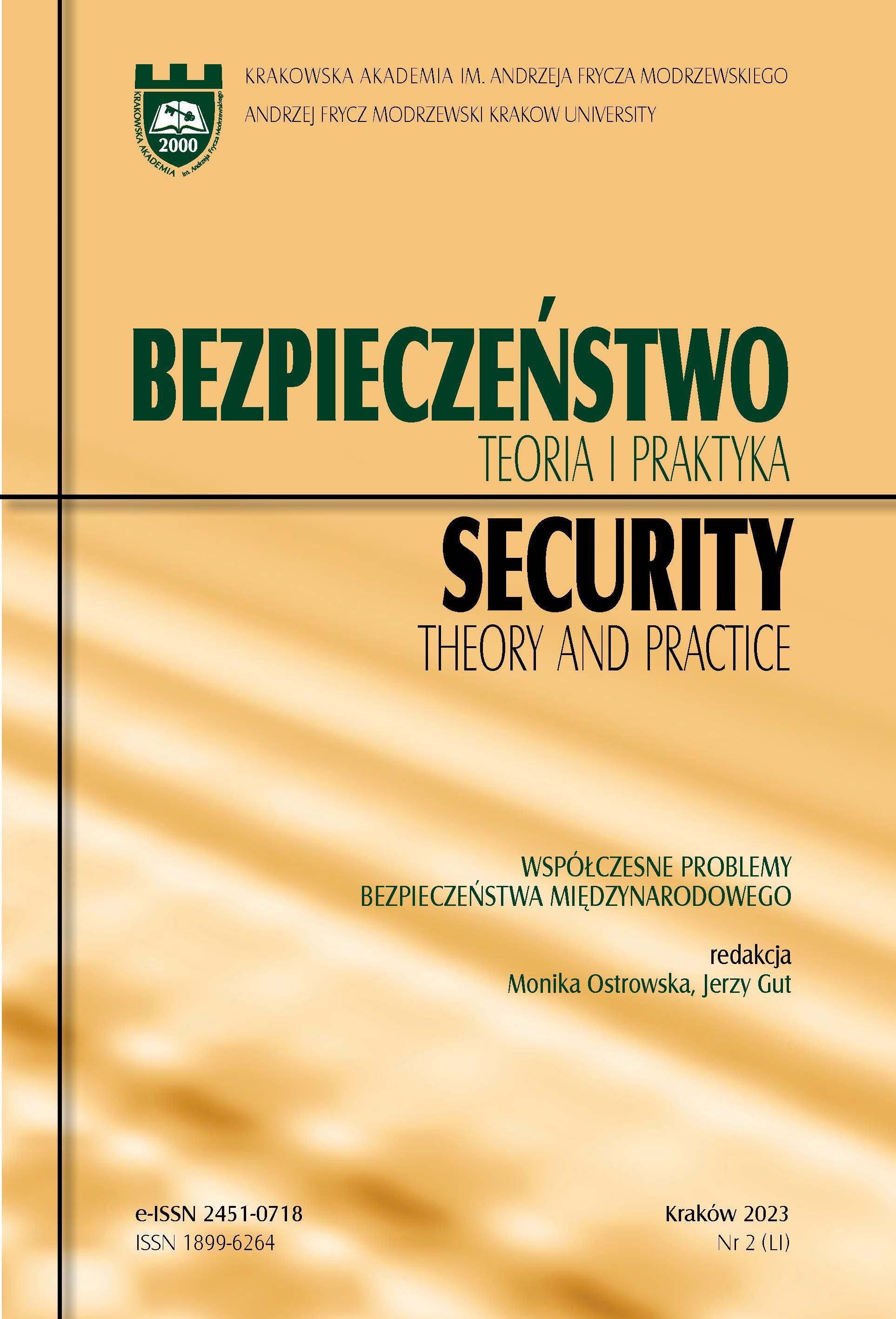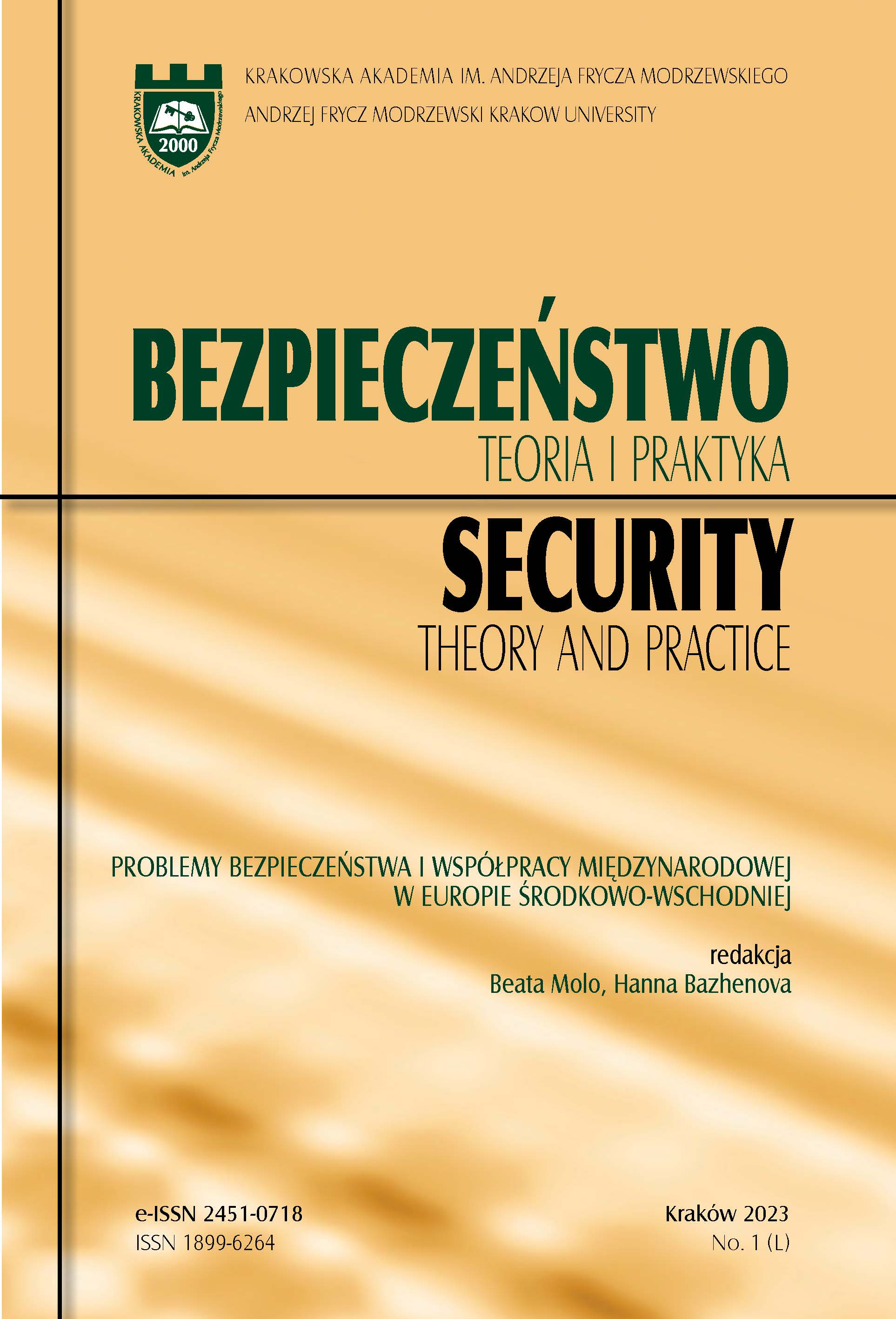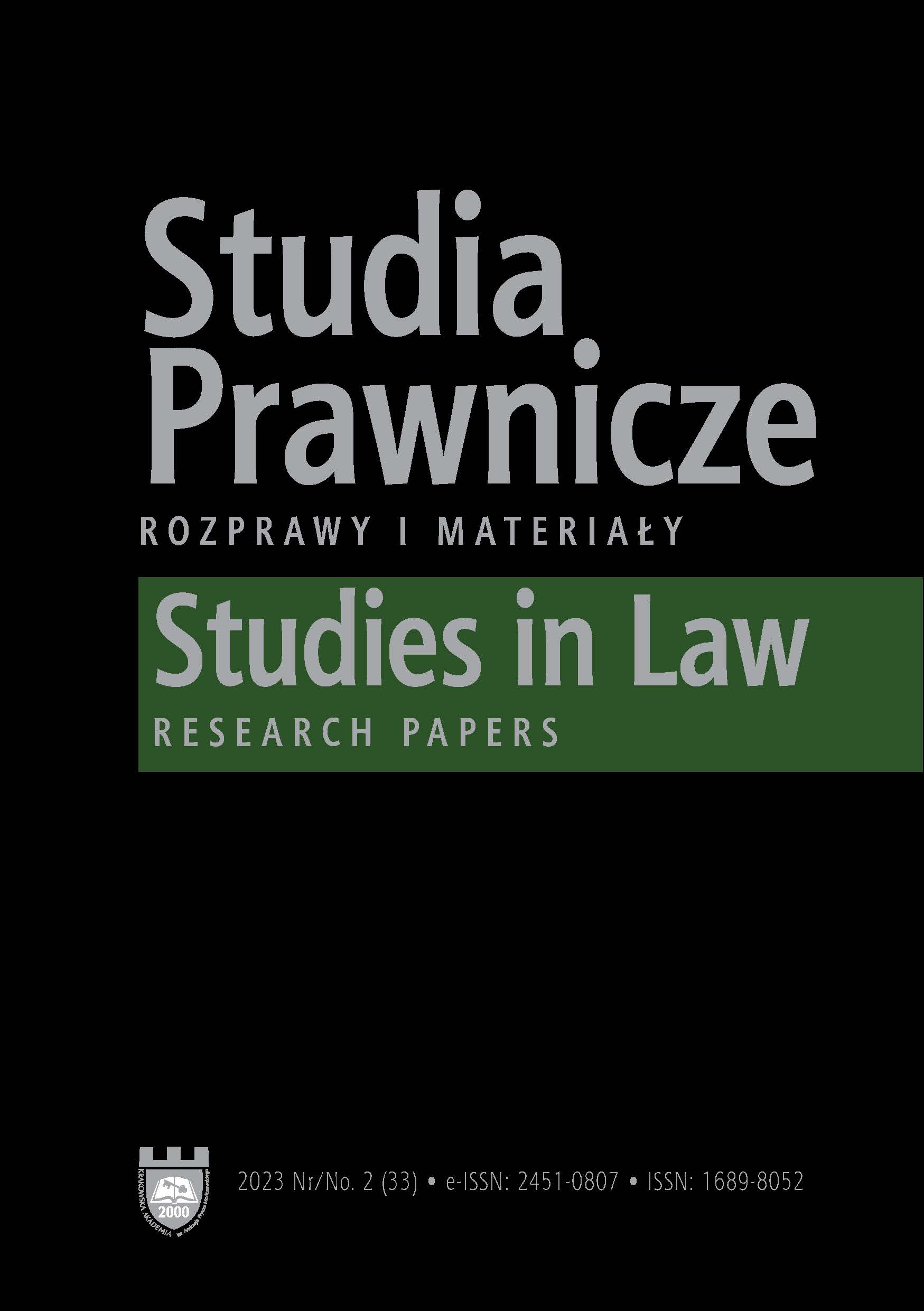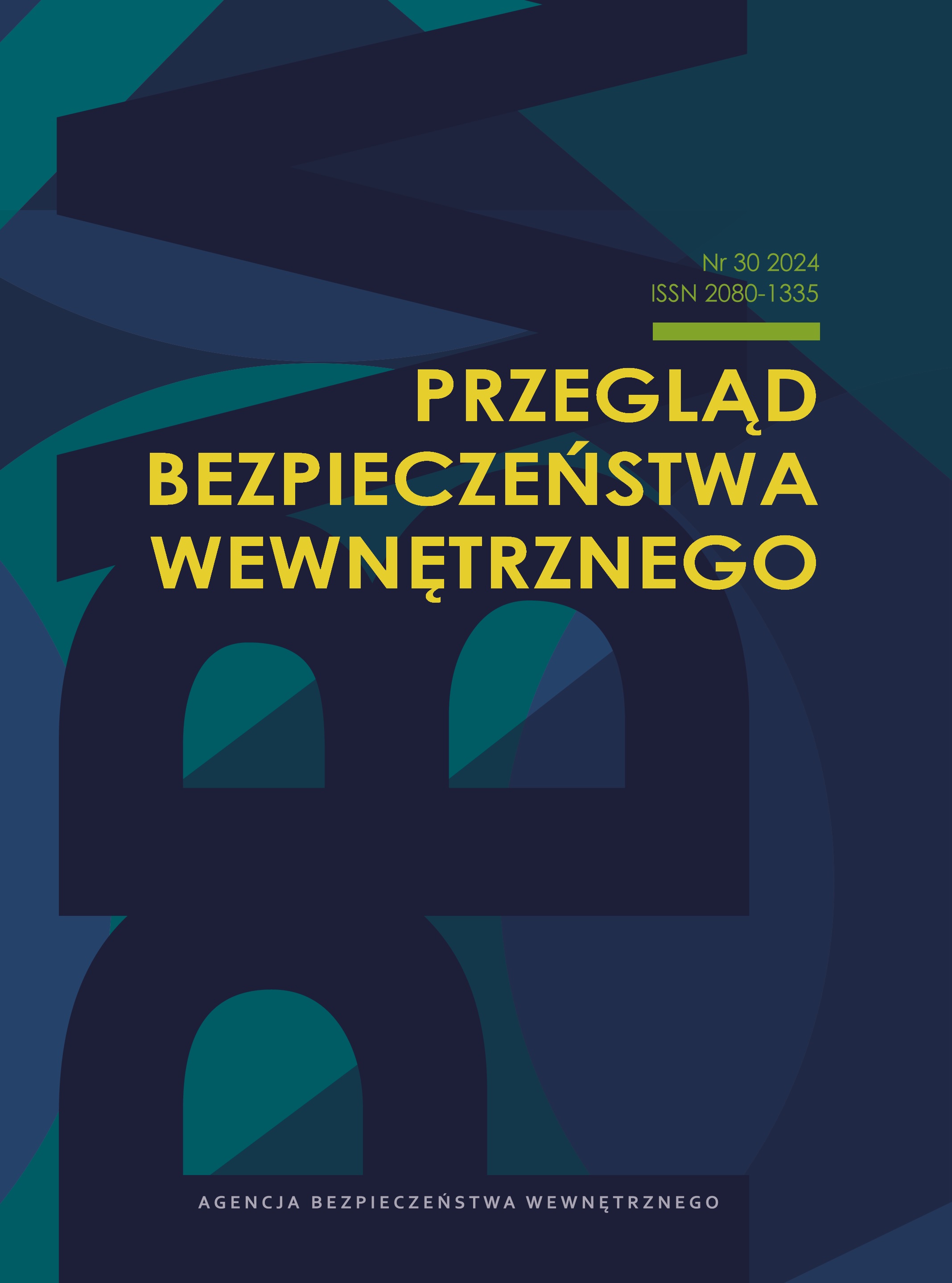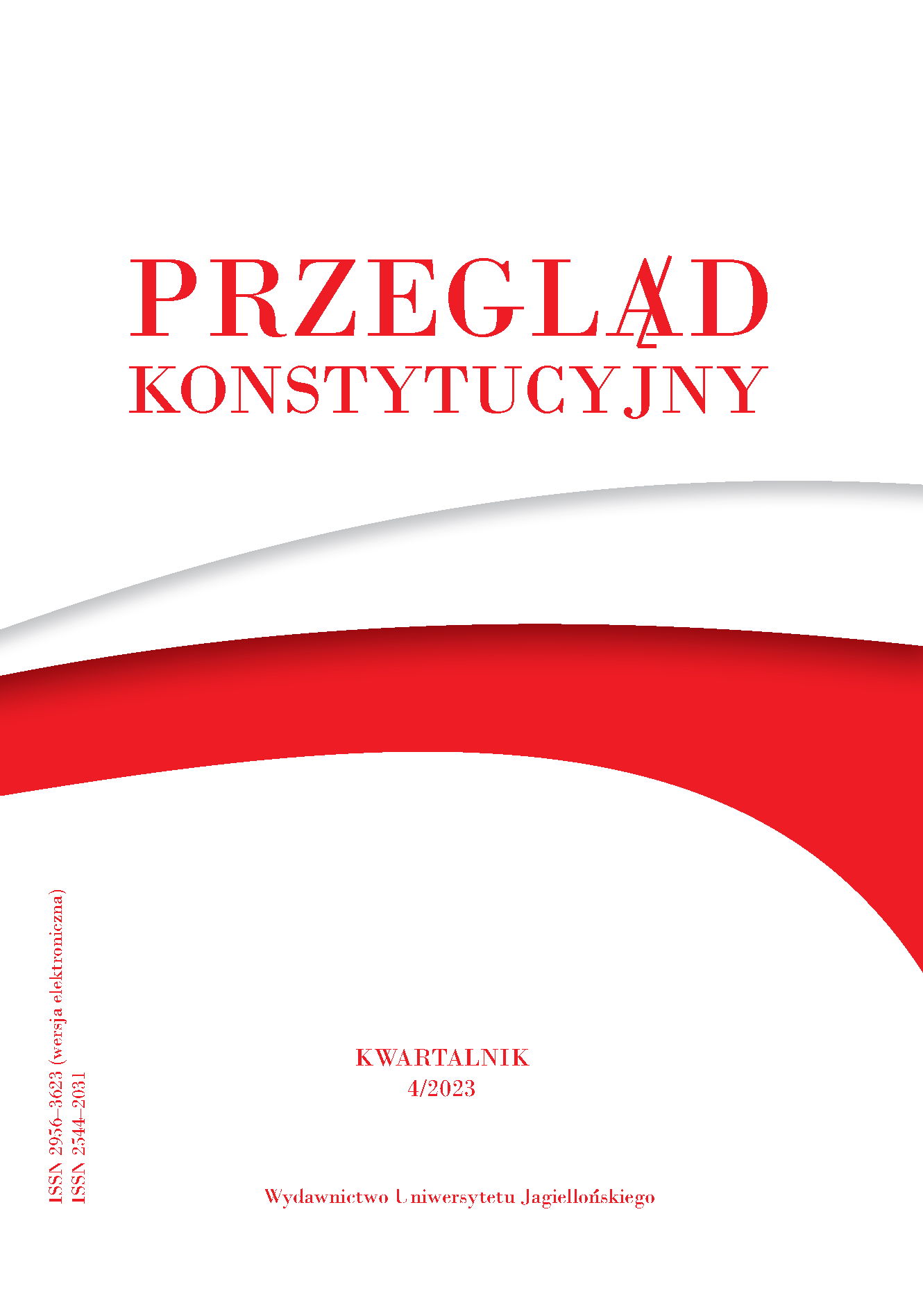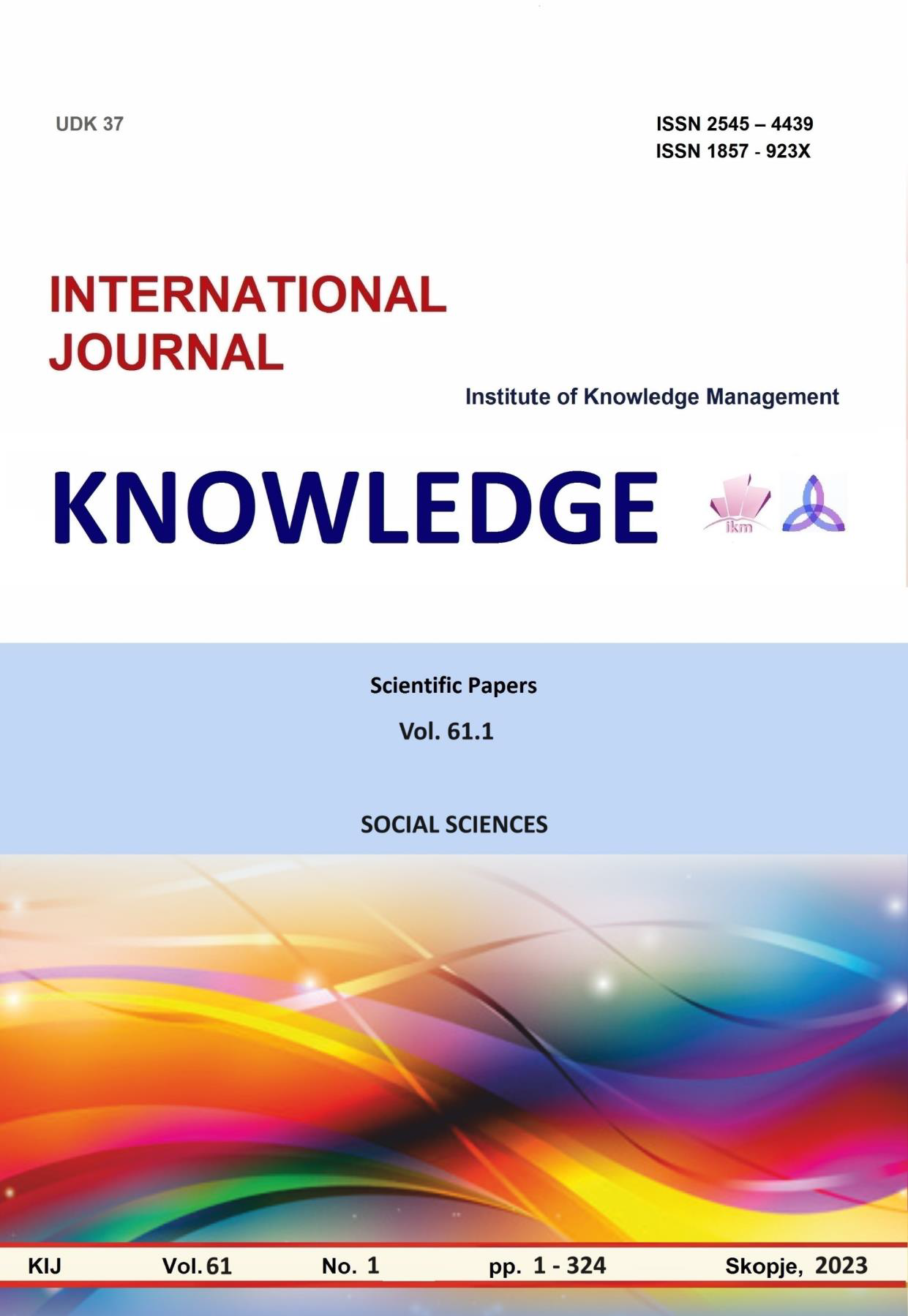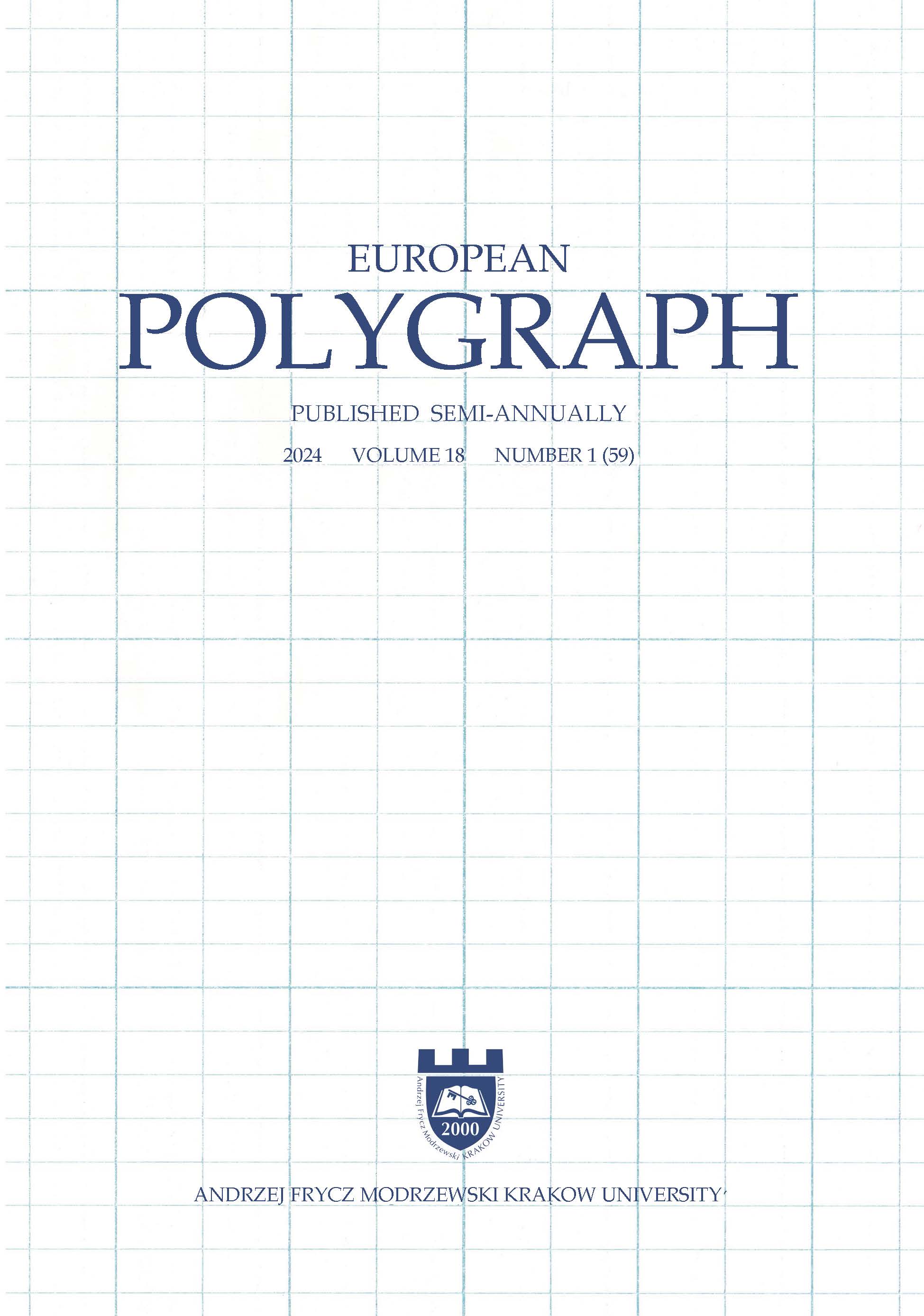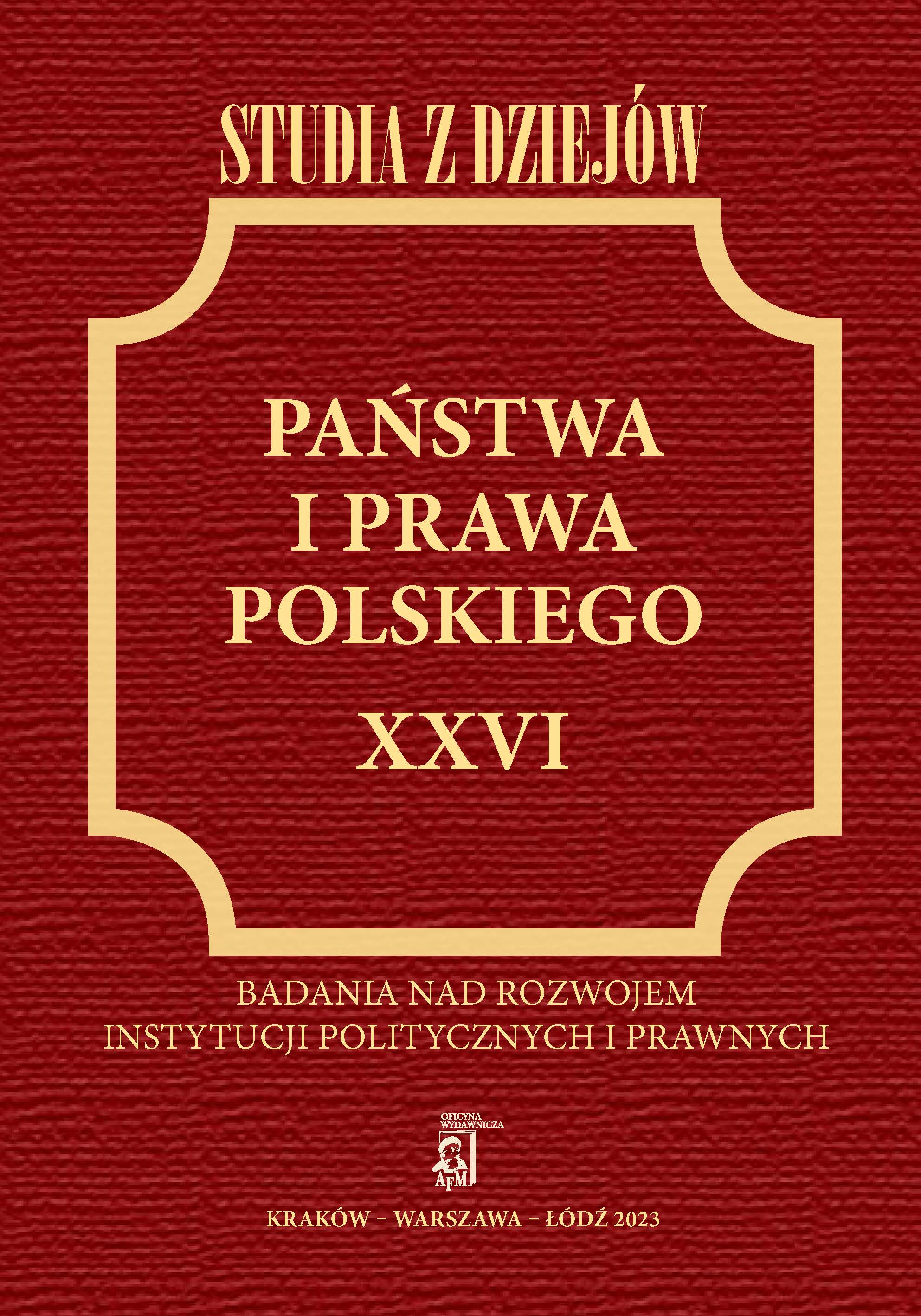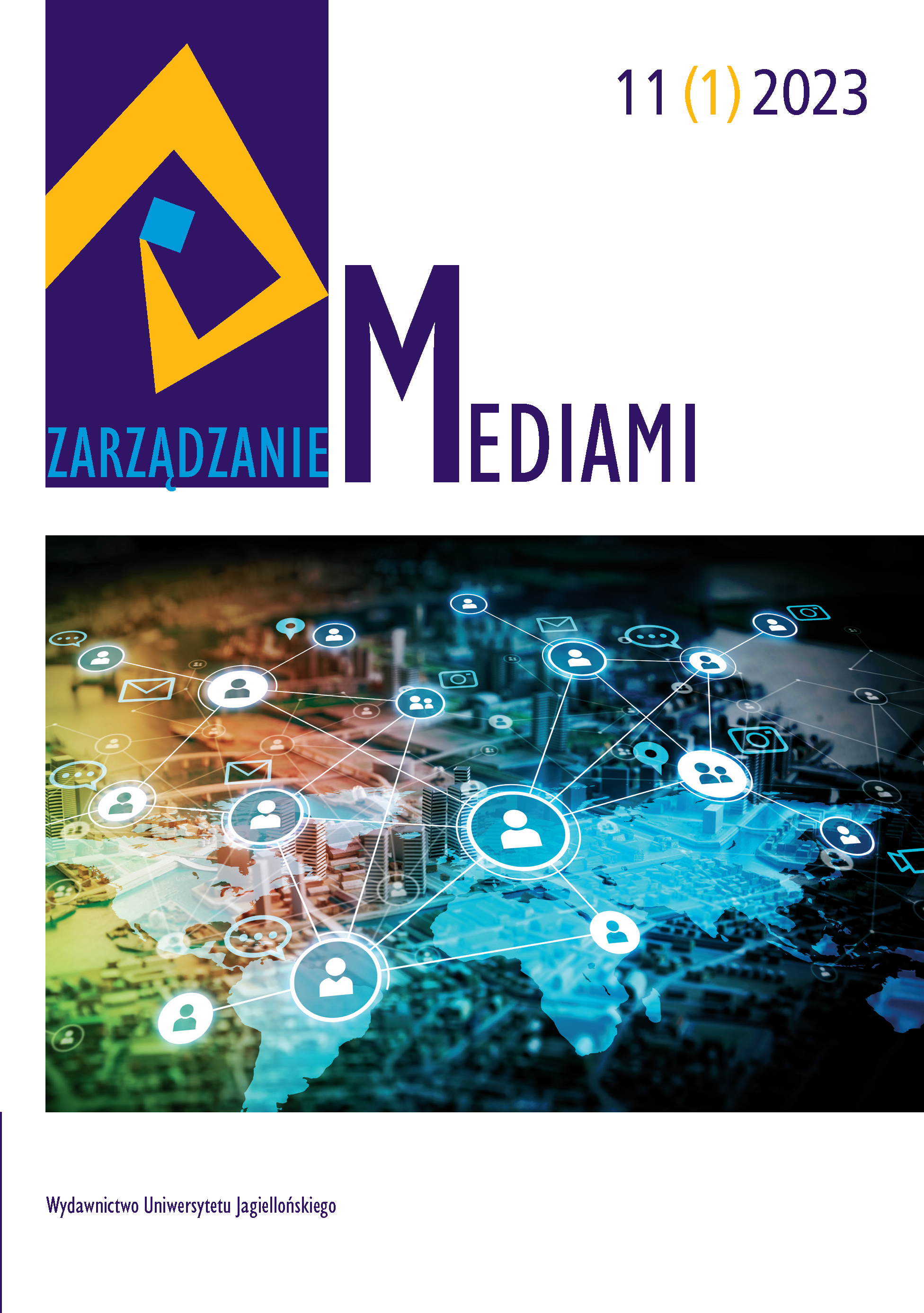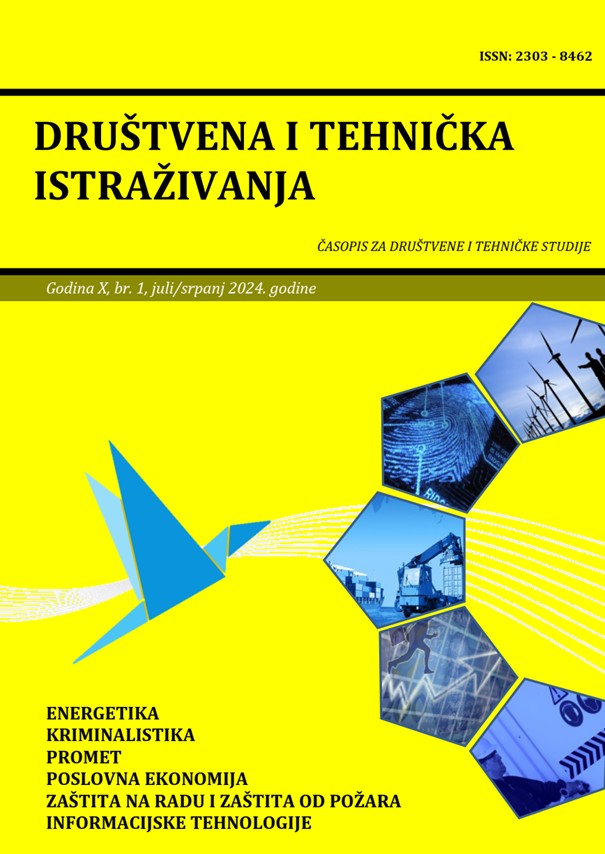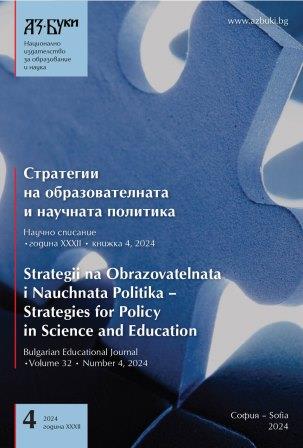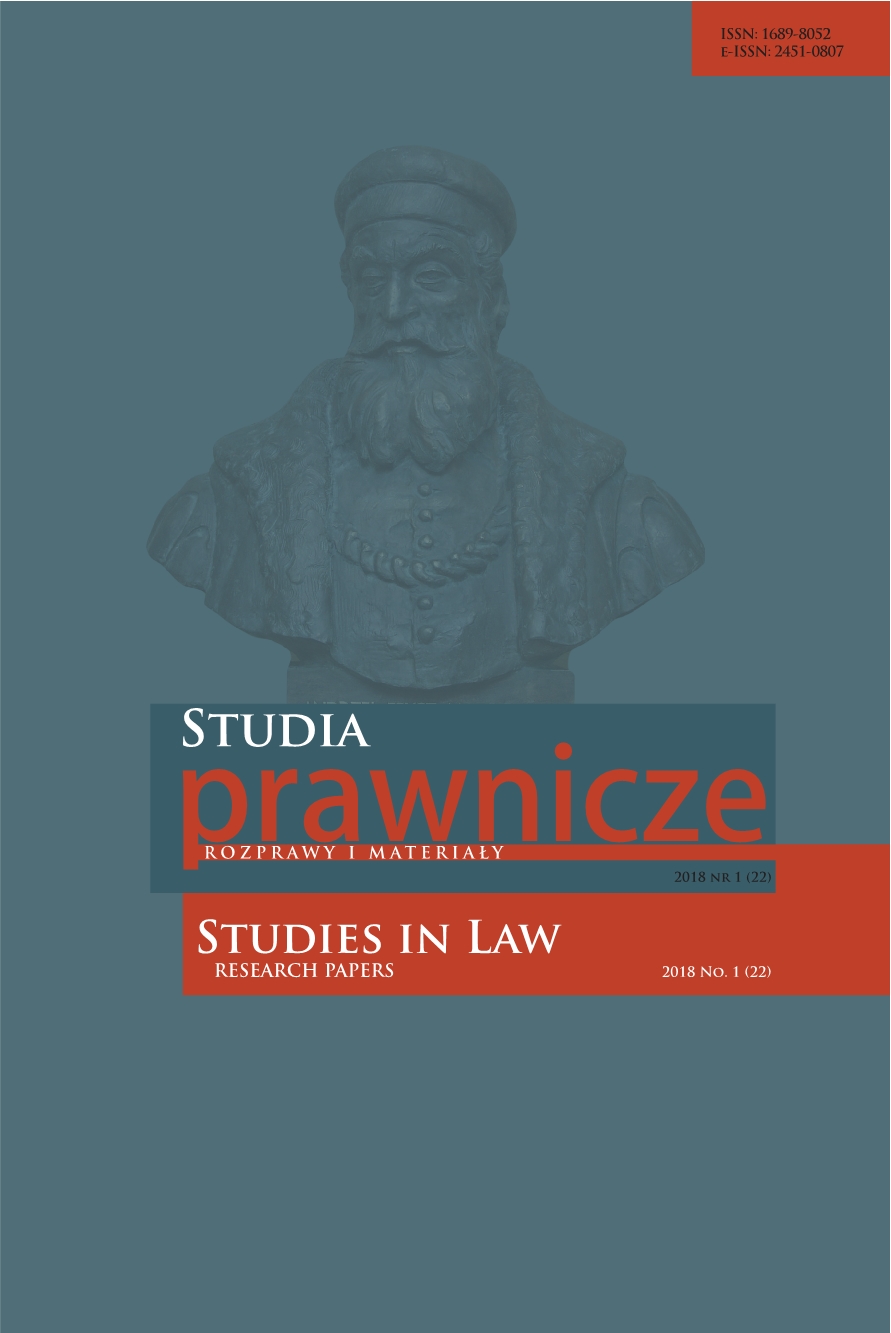
Niestabilność prawa podatkowego jako czynnik ograniczający zaufanie podatników do systemu prawa
In the Polish reality, changes in the law are common, and in the case of tax law, this phenomenon is almost widespread. This situation means that entrepreneurs and other taxpayers are not able to apply these regulations in a correct manner in practice. Changes to the law carried out in the form of frequent amendments to the existing provisions make reading and understanding of the content of law and regulations difficult. A random way of introducing changes results in a decrease in the quality of the law, and sometimes even its internal contradiction. This situation results in issuing tax law ruling by tax authorities, which in similar circumstances have diametrically different interpretations. This causes an increase in the number of claims in administrative courts. The article presents the above-mentioned factors as the reason for the limited confidence of taxpayers both in the legal system and tax authorities. The changes that took place in the recent period were analysed. These changes should lead to greater stability of regulations and consequently growing confidence.
More...
